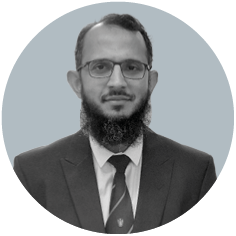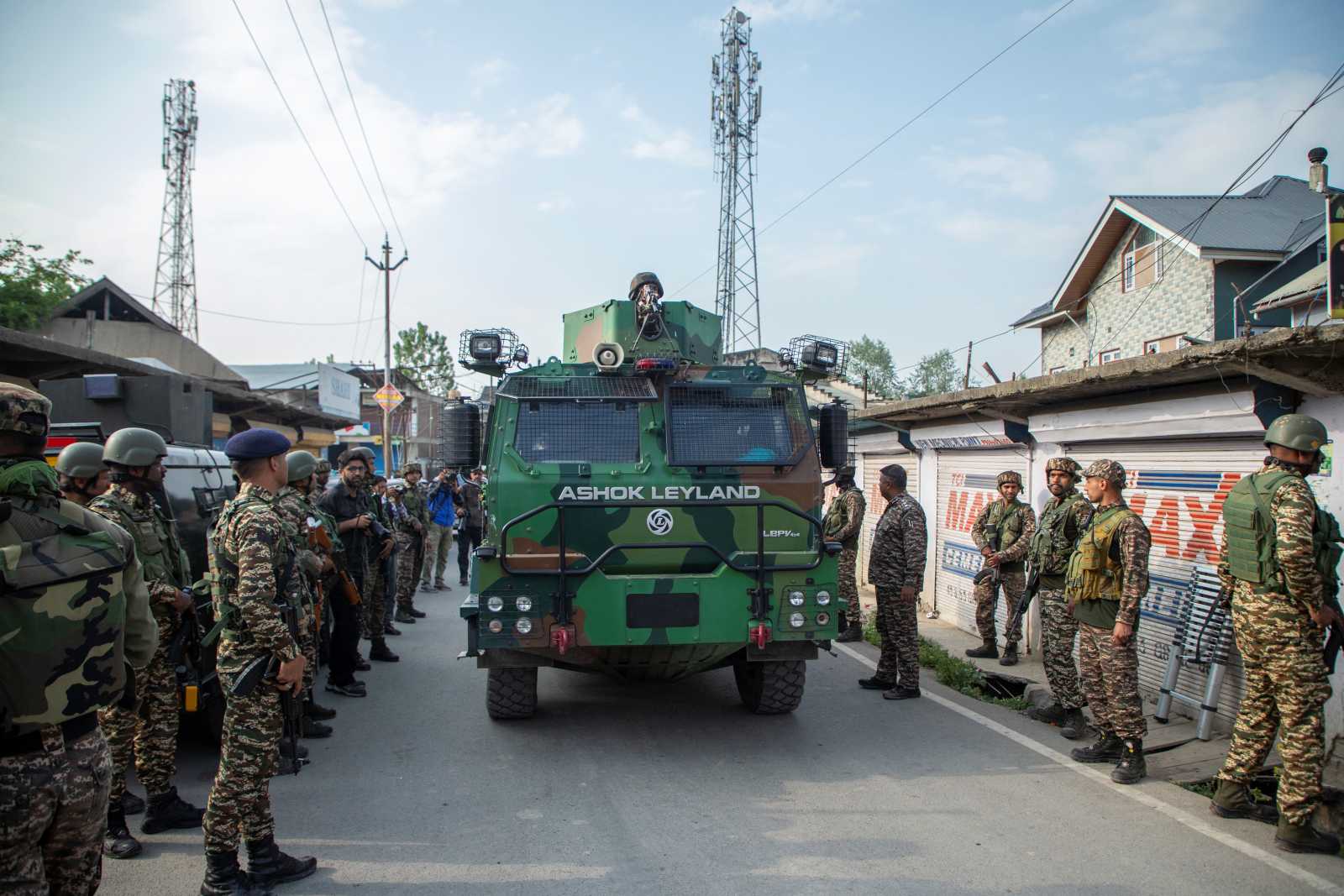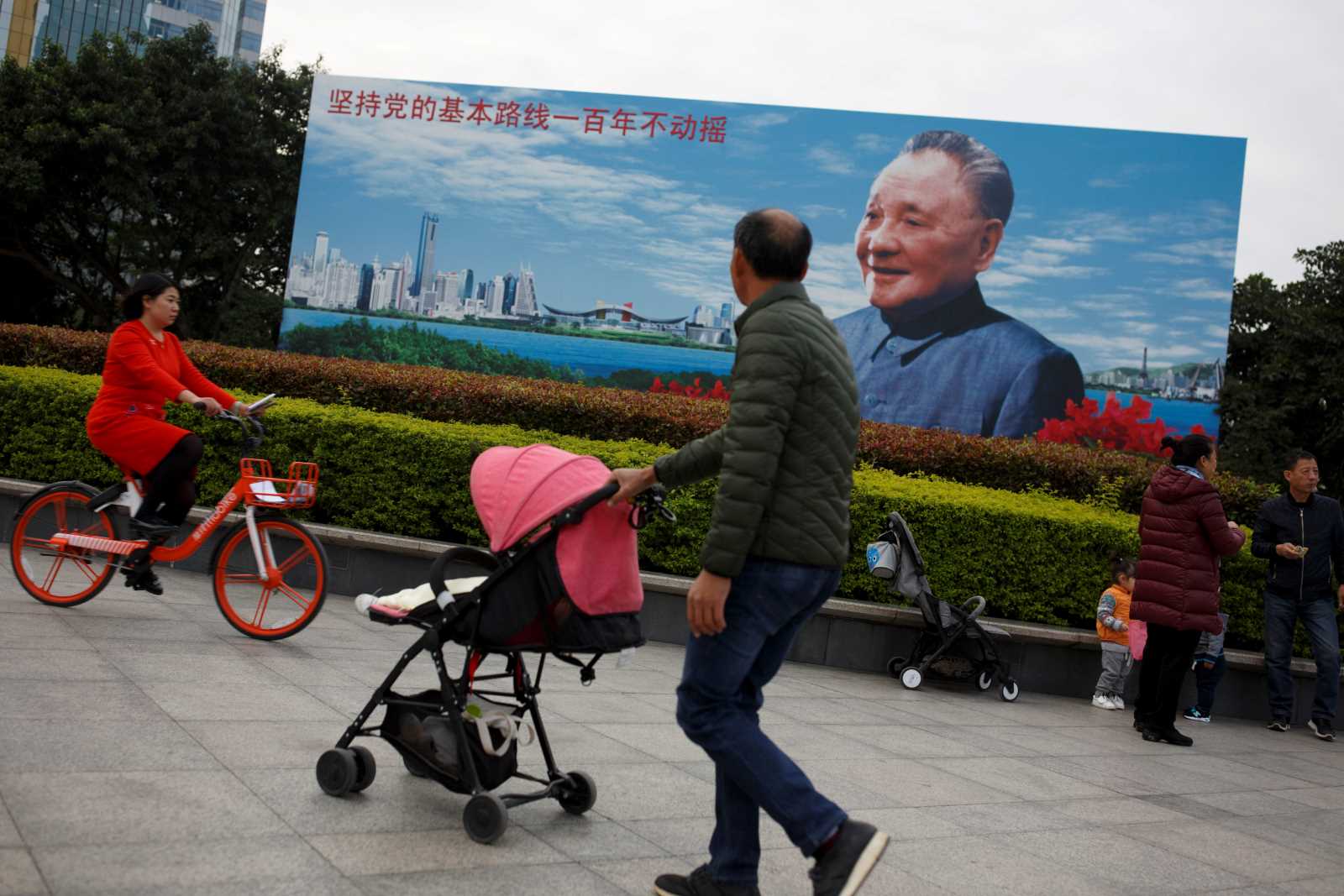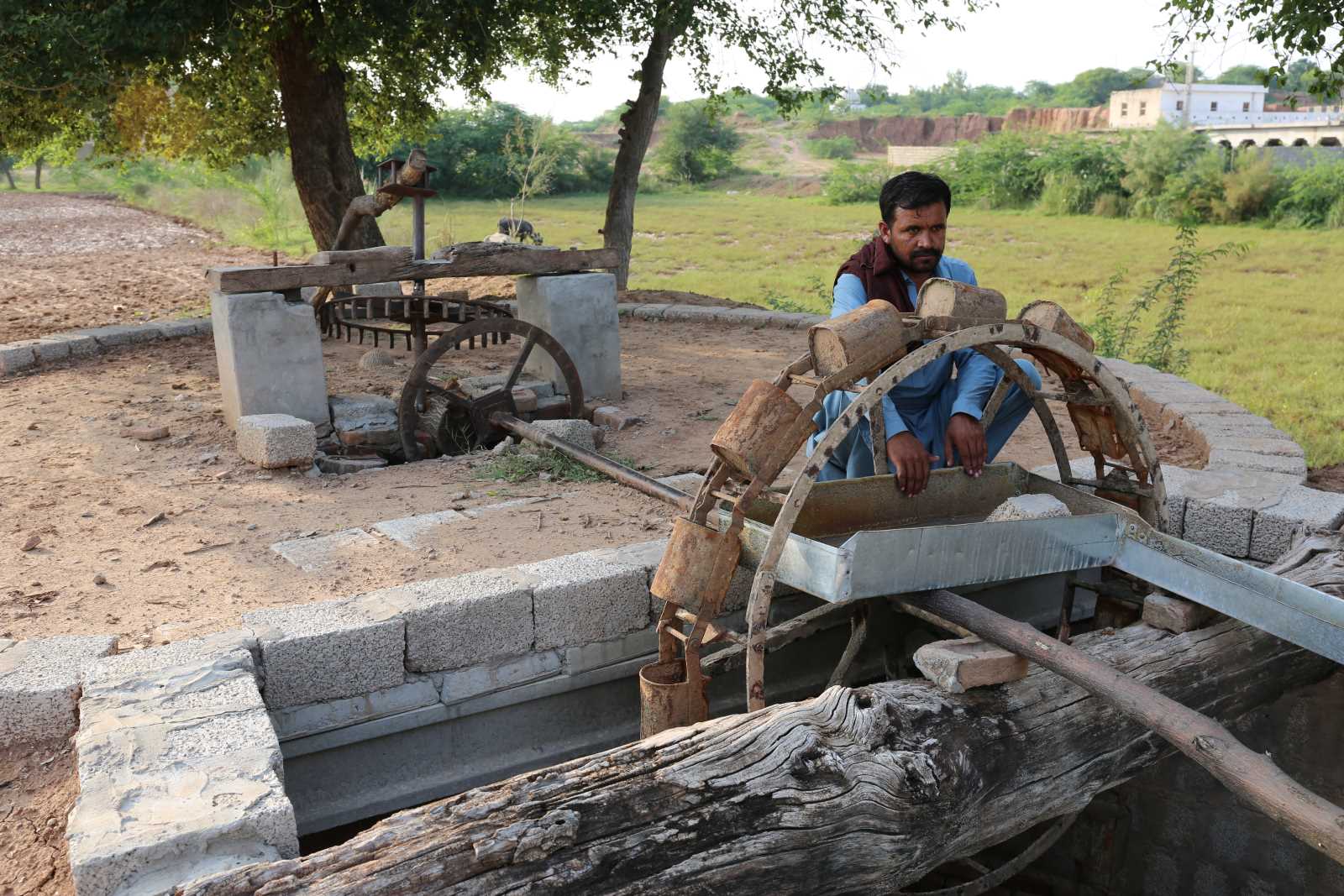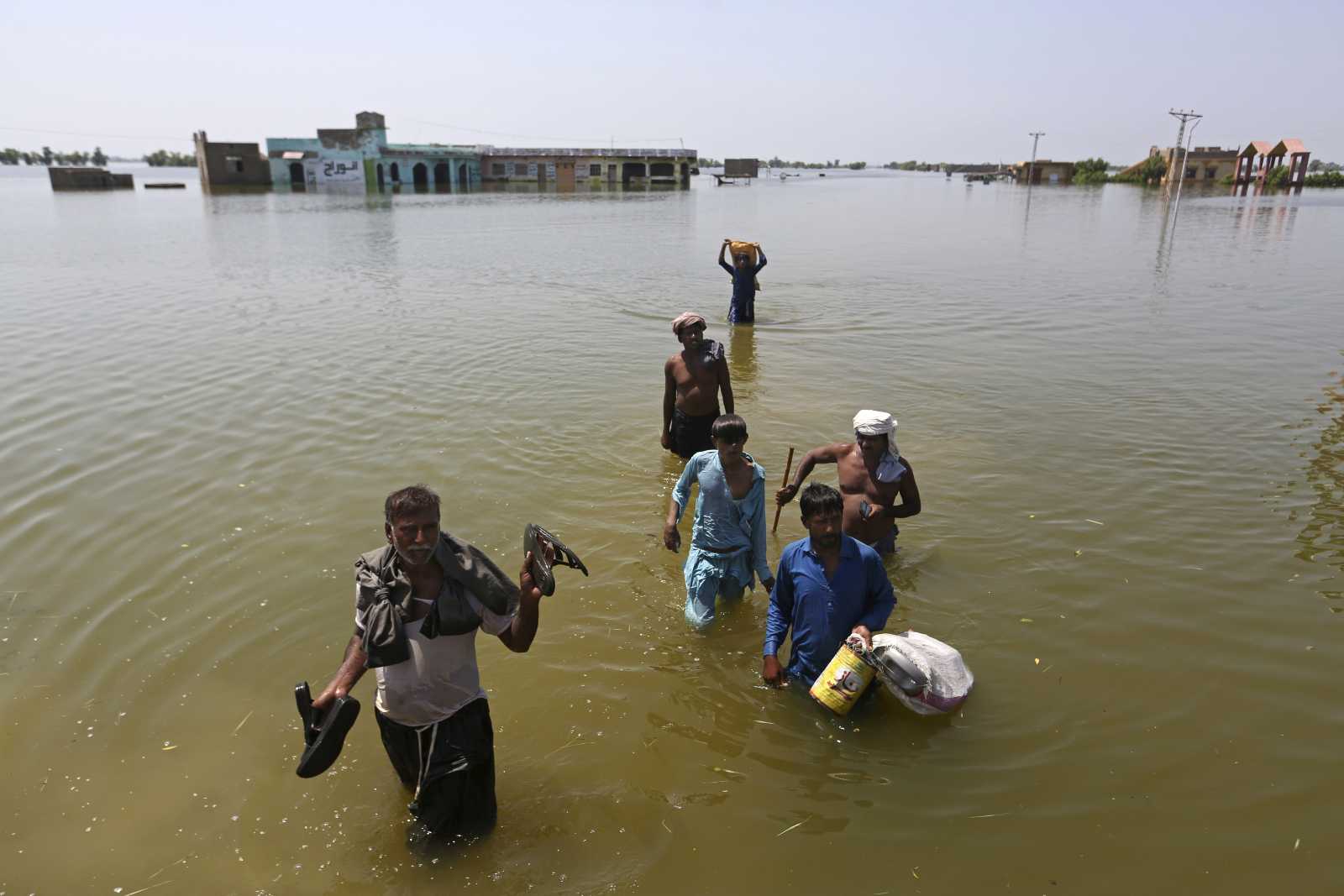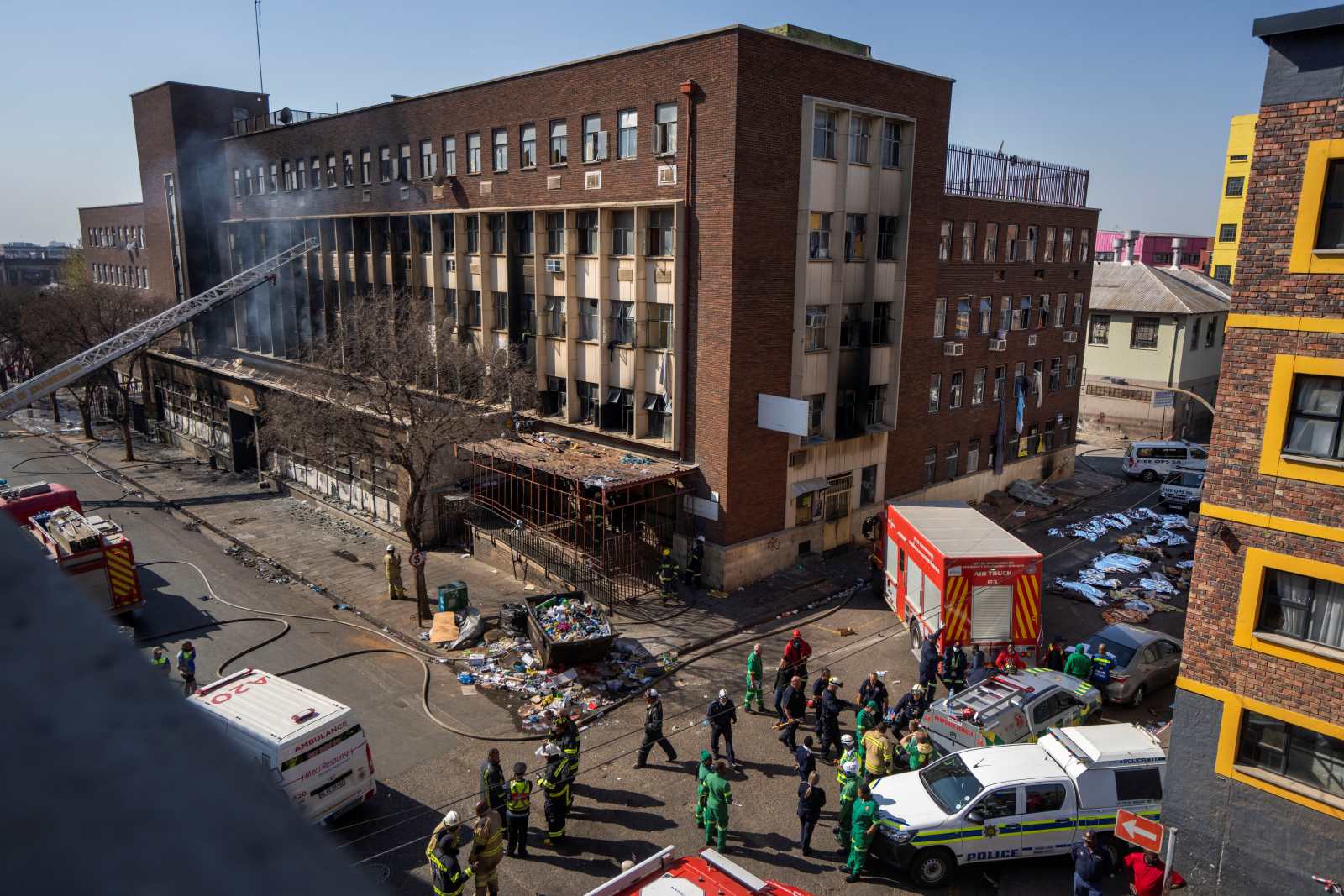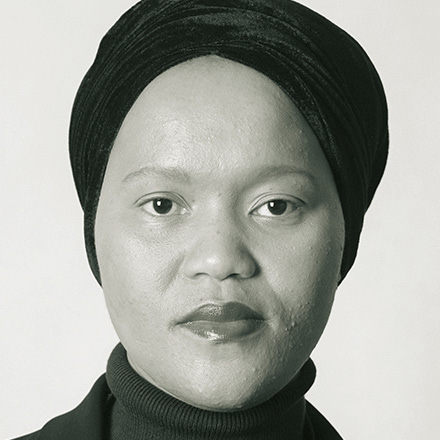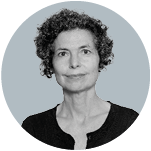Social sector
Pakistan’s social divide
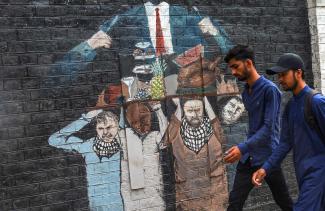
When the Kashmir conflict between Pakistan and India flared up once again last spring, the world looked with concern at the border region between the two nuclear-armed states. Both sides deployed modern fighter jets and drones before agreeing to a ceasefire brokered by the US. From the perspective of many Pakistanis, the outcome was good reason to celebrate its military’s ability to defend the country’s borders.
While the Pakistani military is keen to appear strong externally and internally, the country’s social sector indicators remain alarmingly weak. About 26 million children, more than one in three, are out of school, according to the civil-society organisation Save the Children. The World Bank’s Human Capital Index (HCI) measures how well countries prepare their children for future productivity through education and health. Pakistan’s HCI score of 0.41 falls below the South Asia average of 0.48 and mirrors the scores in sub-Saharan Africa (0.40 regional average). Still, Pakistan spends less than one percent of its gross domestic product (GDP) on education, far below the four to six percent benchmark endorsed by the UN Education 2030 Framework for Action.
Pakistan’s public health spending is far from sufficient, too. It remains below one percent of the country’s GDP. People have to pay a large proportion of the costs out of their own pockets – an indicator of an unfair and unsustainable healthcare system financing model. At the same time, only 39 % of the population have access to clean water, and only 68 % to basic sanitation, according to the humanitarian organisation Human Concern International. The list goes on, and Pakistan’s exposure to climate shocks is exacerbating the situation.
The glaring disparity between Pakistan’s military strength and its failing human development indicators raises a critical question: Why does a nation capable of such advanced defence systems struggle to provide basic education, healthcare and social protection to its citizens?
Gated communities and private schools
At the heart of this paradox lies a fundamental disconnect between Pakistan’s ruling elite and the masses. Political leaders, bureaucrats, superior court judges, business tycoons and military officials have insulated themselves from the crumbling public sector by relying on parallel systems. They reside in gated communities and employ security services. Their children visit elite institutions such as armed forces or private schools. When they get sick, they are treated in military or private hospitals. Many have dual citizenship or hold permanent resident status in a developed country.
These parallel systems shield the elite from the failures in public education, healthcare and other sectors of Pakistan’s social system. Consequently, the elite – not being reliant on public systems themselves – often have no motivation to improve them.
In contrast, defence spending remains non-negotiable because there is no private market for national security. If the state fails to defend its borders, the elite will lose their privileges along with everyone else. This explains why defence budgets are sacrosanct, whereas social sector allocations face cuts despite lofty political rhetoric.
Similarly, physical infrastructure – motorways, flyovers and underpasses – receives disproportionate funding because it facilitates the elite’s urban-centric, car-dependent lifestyle. Meanwhile, rural schools, basic health units and clean water systems languish in neglect.
Big promises, too little action
Pakistan has seen no shortage of grand declarations, including emergency action on education, social protection plans and universal healthcare pledges. However, these commitments rarely translate into meaningful budget increases. Year after year, social protection programmes remain fragmented and underfunded, leaving millions of children exposed to labour exploitation, malnutrition and violence. Funding is often being diverted to more “visible” projects that yield immediate political benefit rather than long-term human capital gains.
However, true national security cannot be measured in missiles and fighter jets alone. A nation’s real strength lies in the health, education and economic resilience of its people. Countries like South Korea and Singapore, once war-ravaged and poor, transformed their destinies by prioritising human development. Pakistan should do the same, recognising three main points:
- Economic security depends on human capital: no nation can sustain growth without a skilled, healthy workforce. Investing in education and healthcare today will yield economic dividends in a decade.
- Food and water security are integral to stability: malnutrition and water scarcity exacerbate poverty and conflict. Climate change is compounding the problem.
- Social protection shields against shocks: robust safety nets prevent families from falling into poverty during crises.
The solutions are evidence-based and well-known:
- Increase education and health budgets to at least four and three percent of GDP respectively.
- Prioritise primary healthcare and girls’ education, two of the highest-return investments.
- Strengthen social protection through unified, adequately funded programmes.
- Ensure equitable spending, bridging urban-rural and inter-provincial disparities.
However, none of this will happen unless Pakistan’s ruling elite recognise that their privilege cannot exist indefinitely amidst widespread deprivation. The marginalised – children out of school, mothers dying in childbirth, families drinking contaminated water – have no powerful lobby. Their voices are absent from budget debates where political elites have pushed through a 500 % increase in their salaries (for the National Assembly Speaker and the Senate Chairman) during the current budget (2025-2026) instead of prioritising public money for fulfilling basic needs of the people.
Pakistan stands at a critical juncture. It can continue on its current path, where defence and elite infrastructure devours resources while social sectors crumble. Or it can redefine security to include human dignity, opportunity and equity.
The choice is clear: a nation that neglects its people weakens its foundation. If Pakistan truly aspires to greatness,
it must invest not only in fighter jets, but also in its children’s futures.
Abdur Rehman Cheema is a Pakistan-based expert for economic and social policy. The author writes in a personal capacity. Opinions expressed are his own.
arehmancheema@gmail.com
